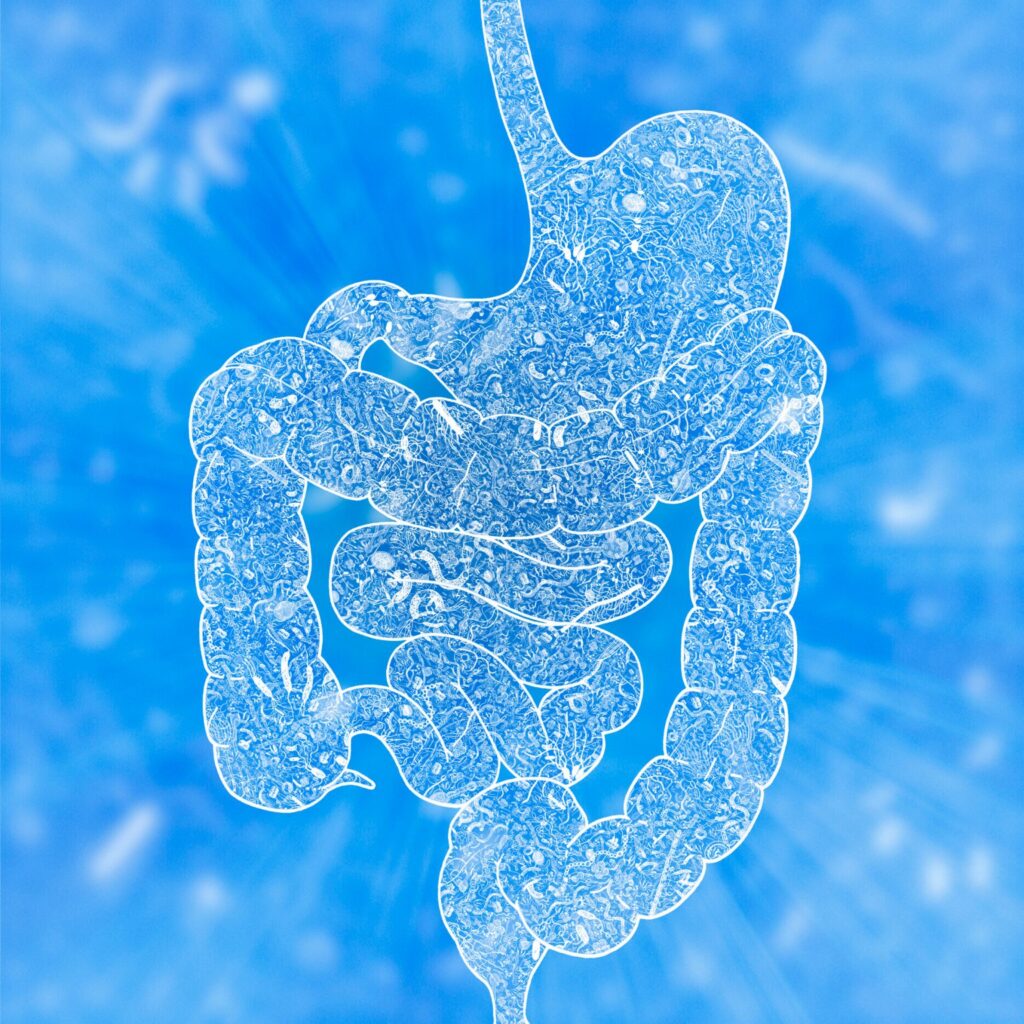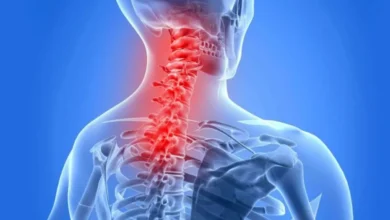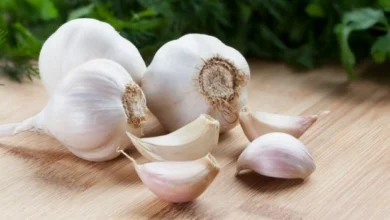Is flaxseed good for female hormones?

Managing Cholesterol Levels Naturally
Incorporating flaxseed ladoo into your winter diet can contribute significantly to managing cholesterol levels. The high content of omega-3 fatty acids in flaxseeds helps in reducing LDL (bad cholesterol) and increasing HDL (good cholesterol) levels. This natural approach to cholesterol management can be a game-changer for individuals aiming to improve their cardiovascular health.
Regulating Blood Pressure with Flaxseed Delicacies
Flaxseed ladoo consumption has been associated with positive effects on blood pressure regulation. The presence of alpha-linolenic acid in flaxseeds has been linked to a reduction in blood pressure levels. By incorporating these delicious ladoos into your winter routine, you can take a holistic and natural approach towards maintaining optimal blood pressure.
Benefits of Flaxseed for Women
Flaxseed, also known as linseed, is a nutrient-rich seed that offers several health benefits, and many of these benefits can be particularly advantageous for women. Here are some of the potential benefits of flaxseed for women:

- Rich in Omega-3 Fatty Acids: Flaxseeds are an excellent source of alpha-linolenic acid (ALA), which is an omega-3 fatty acid. Omega-3s are essential for overall health and are known to have anti-inflammatory properties, which can be beneficial for conditions such as arthritis and other inflammatory disorders.
- Heart Health: The omega-3 fatty acids in flaxseed may help reduce the risk of cardiovascular disease by lowering blood pressure, reducing inflammation, and improving cholesterol levels. Cardiovascular health is crucial for women, especially as they age.
- Hormonal Balance: Flaxseeds contain compounds called lignans, which have phytoestrogenic properties. These compounds may help balance hormone levels in women, potentially reducing symptoms associated with hormonal fluctuations, such as hot flashes and menstrual irregularities.
- Menstrual Health: The lignans in flaxseeds may contribute to regular menstrual cycles and may help alleviate symptoms of premenstrual syndrome (PMS).
- Breast Health: Some studies suggest that flaxseed may have a protective effect against breast cancer. The lignans in flaxseeds may have anti-cancer properties and may help regulate estrogen levels, reducing the risk of estrogen-related cancers.
- Bone Health: Flaxseed is a good source of micronutrients like magnesium and phosphorus, which are essential for maintaining healthy bones. Women, especially postmenopausal women, are more prone to osteoporosis, making adequate bone support important.
- Digestive Health: Flaxseeds are high in dietary fiber, which can aid in digestion and promote regular bowel movements. This can be particularly beneficial for women who may experience digestive issues.
- Weight Management: The fiber content in flaxseed can help promote a feeling of fullness, potentially aiding in weight management by reducing overall calorie intake.
- Skin Health: The omega-3 fatty acids in flaxseed may contribute to healthy skin by reducing inflammation and promoting hydration. This can be beneficial for women dealing with skin issues like dryness or conditions such as eczema.
- Joint Health: The anti-inflammatory properties of omega-3 fatty acids in flaxseed may help alleviate joint pain and stiffness, which can be beneficial for women with arthritis or other joint-related issues.
It’s important to note that while flaxseed can offer these potential benefits, it’s always advisable to consult with a healthcare professional before making significant changes to your diet, especially if you have any existing health conditions or concerns. Flaxseeds can be incorporated into the diet in various forms, such as ground seeds, oil, or whole seeds, and can be added to smoothies, yogurt, oatmeal, or used in baking.
Benefits of Flaxseed for men
Flaxseed offers various health benefits that are not specific to gender, and many of these benefits can be advantageous for men as well. Here are some potential benefits of flaxseed for men:

- Heart Health: The omega-3 fatty acids, specifically alpha-linolenic acid (ALA), in flaxseed may contribute to heart health by reducing blood pressure, inflammation, and improving cholesterol levels. These factors are crucial for maintaining cardiovascular well-being.
- Prostate Health: Some studies suggest that the lignans in flaxseed may have a protective effect against prostate cancer. These compounds may help regulate hormonal levels, including testosterone and estrogen, potentially reducing the risk of certain types of cancer.
- Anti-Inflammatory Properties: Omega-3 fatty acids in flaxseed possess anti-inflammatory properties, which can be beneficial for men dealing with conditions characterized by inflammation, such as arthritis or inflammatory joint disorders.
- Digestive Health: Flaxseed is rich in dietary fiber, which aids in digestion and can help prevent constipation. A healthy digestive system is important for nutrient absorption and overall well-being.
- Weight Management: The fiber content in flaxseed can promote a feeling of fullness, potentially assisting in weight management by reducing overall calorie intake. Maintaining a healthy weight is essential for overall health.
- Testosterone Balance: While more research is needed, some studies suggest that the lignans in flaxseed may have a role in hormonal balance, including the regulation of testosterone levels. Balanced testosterone levels are important for men’s reproductive and overall health.
- Joint Health: Omega-3 fatty acids’ anti-inflammatory properties may help alleviate joint pain and stiffness, which can be beneficial for men with arthritis or other joint-related issues.
- Bone Health: Flaxseed contains essential minerals like magnesium and phosphorus, which are important for maintaining healthy bones. This is particularly relevant as men age and become more susceptible to conditions like osteoporosis.
- Diabetes Management: Some research indicates that flaxseed may have a positive impact on blood sugar levels, which can be beneficial for men with diabetes or those at risk of developing the condition.
- Brain Health: Omega-3 fatty acids are known to support brain health and cognitive function. Including flaxseed in the diet may contribute to maintaining mental clarity and reducing the risk of age-related cognitive decline.
How to make flaxseed laddo

Making flaxseed laddoos (also known as flaxseed ladoos or flaxseed energy balls) is a simple and nutritious way to incorporate flaxseeds into your diet. Here’s a basic recipe:
Ingredients:
- 1 cup flaxseeds (roasted)
- 1/2 cup grated jaggery (you can adjust the quantity based on your sweetness preference)
- 1/4 cup chopped nuts (almonds, cashews, or a mix)
- 1/4 cup desiccated coconut (optional)
- 1/2 teaspoon cardamom powder
- 2 tablespoons ghee (clarified butter)
Instructions:
- Roast Flaxseeds:
Dry roast flaxseeds in a pan on low to medium heat until they become aromatic. Stir continuously to avoid burning. Once roasted, set them aside to cool.
- Grind Flaxseeds:
Grind the roasted flaxseeds coarsely using a blender or food processor. You don’t want a fine powder; some texture is good.
- Prepare Nuts:
In the same pan, dry roast the chopped nuts until they are lightly browned and aromatic. Set them aside to cool.
- Mix Ingredients:
In a mixing bowl, combine the ground flaxseeds, roasted nuts, grated jaggery, desiccated coconut (if using), and cardamom powder.
- Add Ghee:
Heat the ghee in a small pan. Pour the melted ghee over the mixture in the bowl.
- Mix Thoroughly:
Mix all the ingredients thoroughly until well combined. The warmth of the ghee will help in binding the ingredients together.
- Shape into Laddoos:
While the mixture is still warm, take small portions and shape them into round laddoos or energy balls. Press them firmly to ensure they hold their shape
If you have any queries related to medical health, consult Subhash Goyal or his team members on this given no +91 99150 72372, +91 99150 99575, +918283060000



